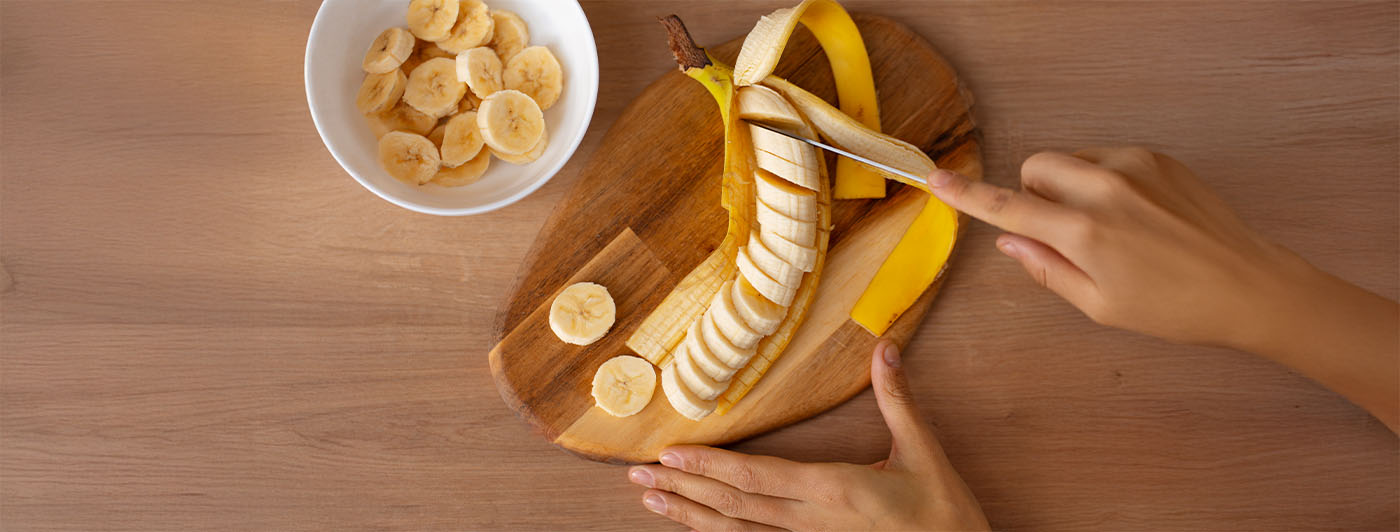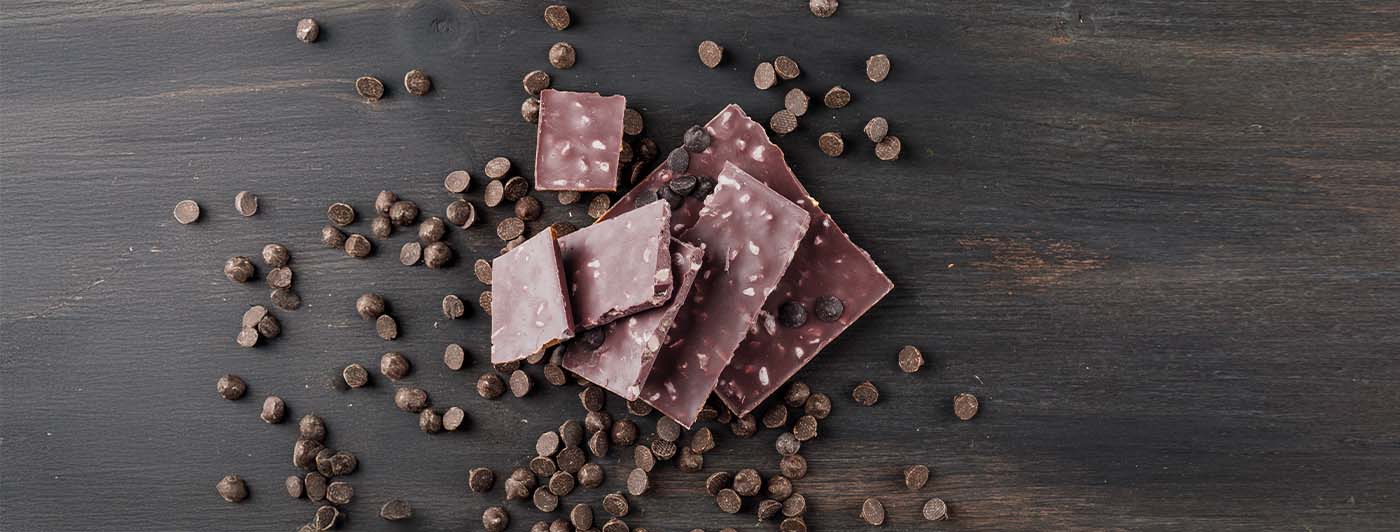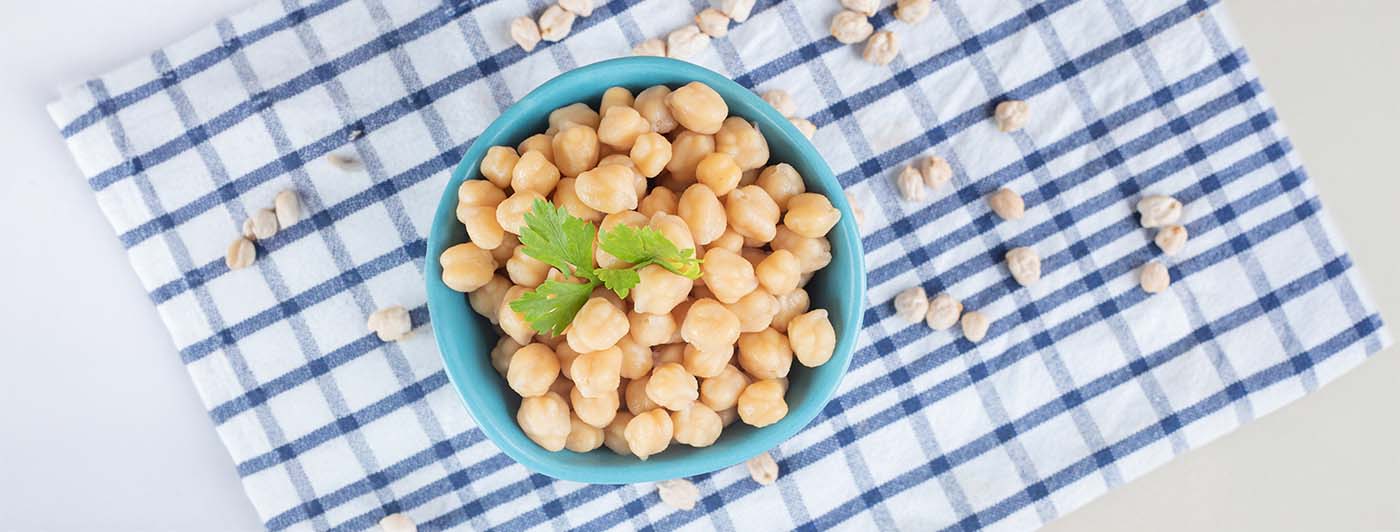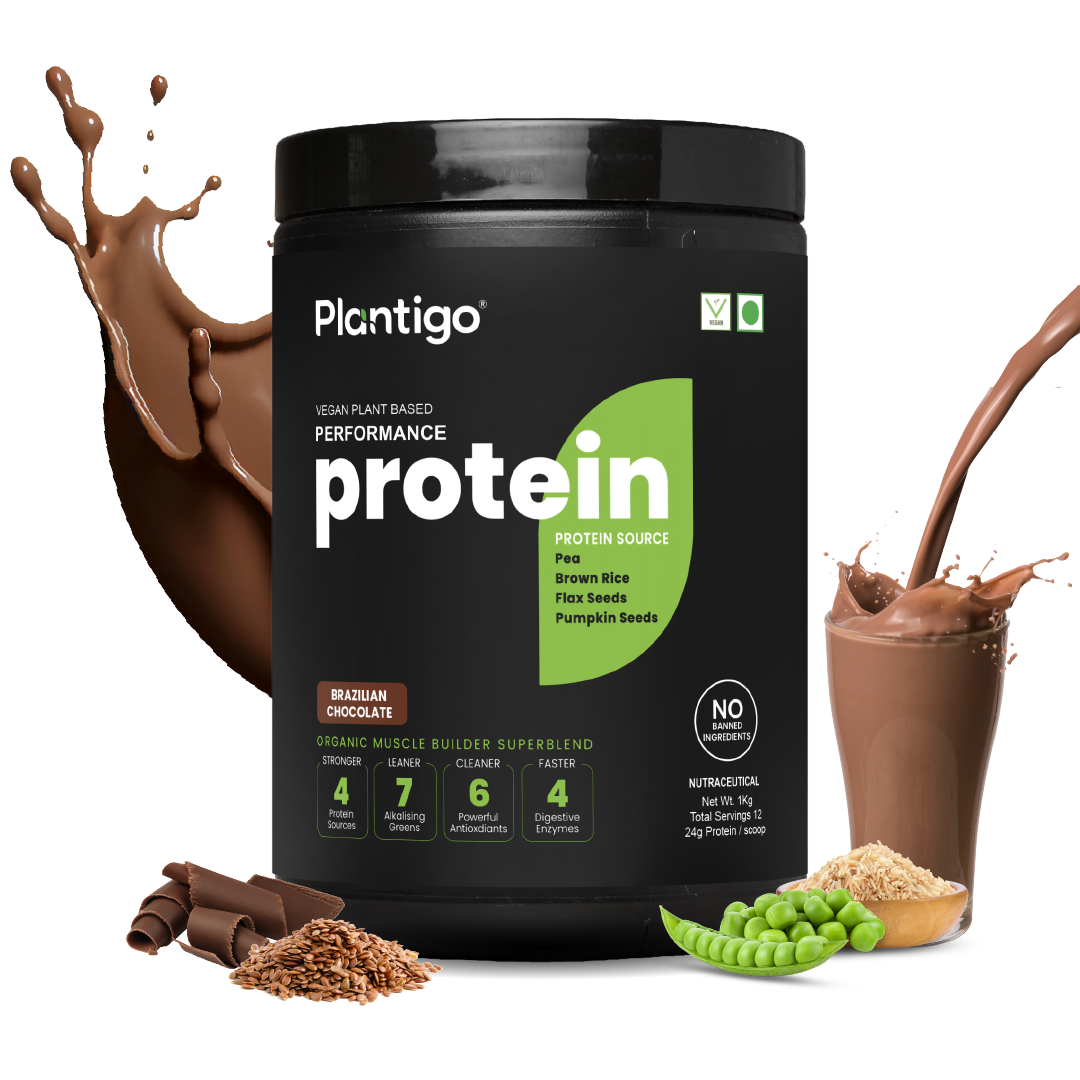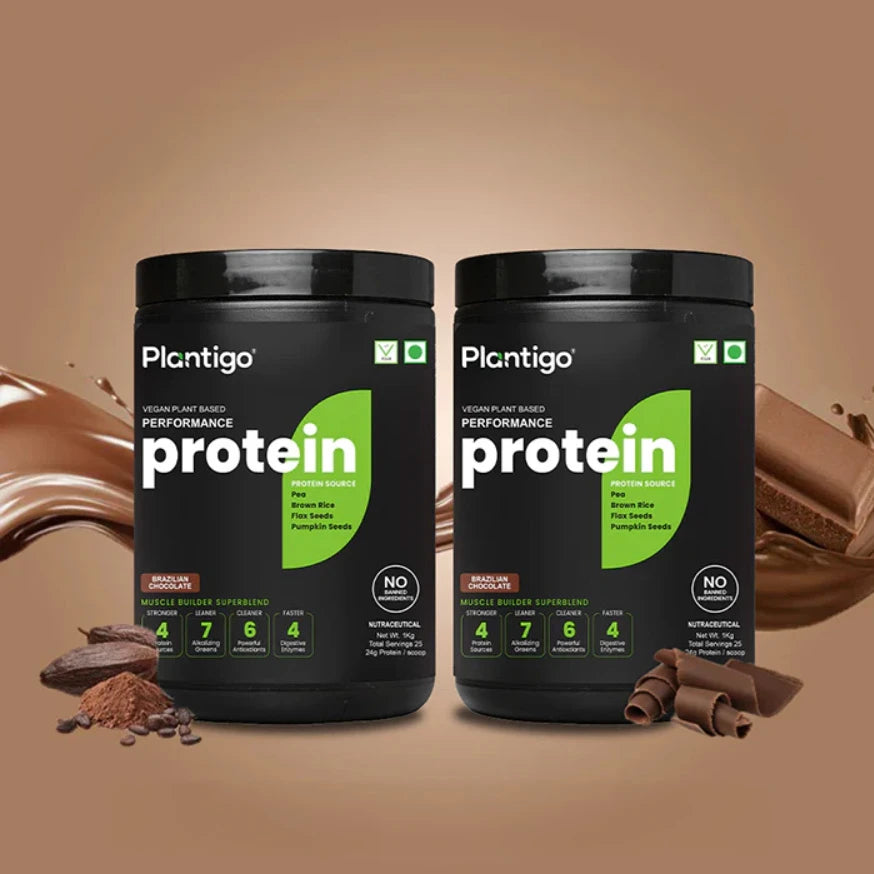Think bananas are just nature’s candy? Think again. Behind that sunny yellow peel is a nutrient story most people never bother to peel back — including a surprising detail about protein. If you’ve ever wondered how much protein in 1 banana, the quick answer is about 1.3 grams for a medium-sized fruit (118g). Sure, it’s not going to replace your go-to plant protein shake, but paired with the right foods, bananas can go from simple snack to a balanced, energizing powerhouse.
In this article, we’ll uncover five surprising facts about banana protein, how it stacks up against other foods, and fun ways to boost its nutritional punch without sacrificing taste.
1. Understanding Exactly How Much Protein in 1 Banana
A medium banana (around 7–8 inches long, weighing 118g) contains:
-
Protein: ~1.3g
-
Calories: ~105 kcal
-
Carbohydrates: ~27g
-
Fiber: ~3g
-
Fat: ~0.3g
According to the USDA FoodData Central nutrient profile, a medium banana provides about 1.3g of protein. Beyond protein, it’s a rich source of potassium, vitamin B6, and vitamin C — nutrients essential for nerve function, energy production, immune support, and maintaining fluid balance.
If you want to increase protein intake without compromising on taste, bananas pair exceptionally well with nutrient-dense additions like nut butter, Greek yogurt, or plant based protein powder in a smoothie.
2. Why Bananas Alone Will Not Meet Your Protein Goals
Given how much protein in 1 banana is just 1.3g, you would need to consume about 15 bananas to match the protein in one serving of a plant protein powder — clearly impractical and unbalanced.
However, bananas still have a valuable role:
-
Workout Fuel – Bananas provide quick-digesting carbs that offer immediate energy.
-
Recovery Support – They help replenish glycogen after exercise, especially when paired with protein.
-
Balanced Meals – Bananas complement protein rich Indian food like dal, chickpeas, paneer, or soy-based dishes, ensuring better amino acid coverage.
A simple example is a banana smoothie made with oats, almond butter, and protein powder — a post-workout option that offers both quick carbs and muscle-repairing protein.
3. The Science Behind Banana Protein Content
Bananas vary in protein content depending on size:
|
Banana Size |
Average Weight |
Protein Content |
|
Small (6 inches) |
101g |
1.1g |
|
Medium (7–8 inches) |
118g |
1.3g |
|
Large (8–9 inches) |
136g |
1.6g |
While the amount of protein is small, bananas contain essential amino acids, though not in sufficient quantities to act as a complete protein source. To make the most of them nutritionally, pair bananas with collagen rich foods such as nuts and seeds, or with legumes for a more balanced amino acid profile.
4. How to Boost the Protein Power of Banana Snacks
If how much protein in 1 banana feels underwhelming, you can easily boost its protein power with these ideas:
-
Banana + Nut Butter – Almond or peanut butter adds healthy fats and 6–8g of protein.
-
Banana Protein Smoothie – Blend banana with plant based protein powder, oats, and seeds for a balanced breakfast.
-
Banana Pancakes – Mix mashed banana with eggs, oat flour, and chia seeds for extra protein.
-
Banana Yogurt Bowl – Combine banana slices with Greek yogurt and sprinkle dry fruits for weight loss such as almonds and walnuts.
These combinations not only enhance protein intake but also improve satiety, making them ideal for weight management plans. They can be part of routines that include drinks to reduce belly fat or light, nutrient-focused snacks.
5. Nutrition Benefits of Bananas Beyond Protein
While how much protein in 1 banana is modest, their other nutritional benefits make them a worthy addition to your diet.
Potassium for Heart and Muscle Health
A single banana offers about 422 mg of potassium, which helps regulate blood pressure and supports muscle function.
Fiber for Digestive Support
Bananas provide about 3g of dietary fiber per medium fruit, including soluble fiber that promotes a healthy gut and regular bowel movements.
Natural Energy Boost
Bananas are rich in easily digestible carbs, making them an excellent source of quick energy for athletes, travelers, or busy professionals.
Functional Food Pairings
Bananas work well with ingredients that offer specific health benefits. For example, combining them with chia seeds benefits for females supports bone health, hormone balance, and heart function due to chia’s omega-3 content, calcium, and fiber.
Hydration and Electrolyte Balance
Bananas can be paired with benefits of coconut water or added to detox water for a hydrating, electrolyte-rich drink.
Banana Protein vs. Other Protein Sources
When you compare how much protein in 1 banana to other foods, you see why bananas should not be your primary protein source:
|
Food Item |
Protein per 100g |
|
Banana |
1.1g |
|
Lentils (cooked) |
9g |
|
Chickpeas (cooked) |
8.9g |
|
Tofu |
8g |
|
Almonds |
21g |
Global health authorities, including the FAO/WHO/UNU guidelines on protein needs, emphasize that fruits like bananas contribute minimally to total protein needs. For adequate intake, they recommend complementing fruits with higher-protein foods such as legumes and nuts. If you are seeking the best plant based protein, focus on a variety of legumes, quinoa, soy, hemp, and nuts, and keep bananas as your go-to carb and micronutrient partner.
Bananas and Collagen Support
Bananas themselves are not collagen rich foods, but they combine well with those that are. Collagen is essential for skin elasticity, joint health, and connective tissue strength. Many people monitor collagen before and after improvements when consuming collagen-boosting foods or supplements. Adding banana to a smoothie with nuts, seeds, and berries can create a skin- and joint-friendly meal.
Bananas in a Balanced Plant-Based Diet
Bananas fit seamlessly into plant-based diets as a source of natural carbohydrates, fiber, and micronutrients. While they are not a complete protein source, pairing them with legumes, nuts, seeds, and soy-based foods ensures you get all essential amino acids.
Bananas also complement protein rich Indian food like chana masala, rajma, or moong dal for a complete, nutrient-rich meal. You can enjoy them in breakfast bowls, smoothies, post-workout snacks, or even frozen as a dessert base.
Including bananas in a diet that also features foods like plant protein, leafy greens, and other nutrient-rich plants can help maintain energy levels, muscle recovery, and overall well-being.
Creative Recipes to Combine Bananas with Protein Sources

1. Protein-Packed Banana Oatmeal
Cook oats with almond milk, add sliced bananas, a spoon of almond butter, and a sprinkle of hemp seeds.
2. Banana Peanut Butter Wrap
Spread peanut butter on a whole wheat tortilla, place a banana inside, and roll it up for a portable protein-carb snack.
3. Tropical Recovery Smoothie
Blend banana, mango, spinach, protein powder, and benefits of coconut water for hydration and recovery.
4. Banana Chia Pudding
Mix mashed banana with almond milk, chia seeds, and cinnamon. Let it sit overnight for a fiber- and protein-rich breakfast.
5. Banana Almond Energy Balls
Mash banana, mix with oats, almond butter, and chopped nuts, then roll into bite-sized snacks.
Conclusion
So, how much protein in 1 banana? The answer is about 1.3 grams in a medium-sized fruit. While that’s low compared to dedicated protein sources, bananas pack powerful benefits — from potassium and fiber to essential vitamins and quick energy.
To get the most out of them, make bananas part of a balanced plate with protein rich Indian food, legumes, nuts, seeds, and other wholesome protein sources. Or, turn them into a post-workout powerhouse by blending them with nut butter, yogurt, and a scoop of high-quality Plantigo plant protein — a simple way to boost amino acids, support recovery, and keep you fuller for longer.
The takeaway? Don’t just snack on a banana — elevate it. Toss it into your morning smoothie, fold it into protein pancakes, or pair it with nutrient-dense add-ons to transform this everyday fruit into a true ally for your health and fitness goals.
Frequently Asked Questions
1. How much protein is in a small banana?
A small banana (around 101g) contains approximately 1.1 grams of protein.
2. Can bananas help build muscle?
Not directly, as how much protein in 1 banana is low. However, when paired with protein sources, bananas provide quick-digesting carbs for muscle recovery.
3. Are bananas good for weight loss?
Yes. Bananas offer fiber and nutrients that help control appetite. Pairing them with nuts, seeds, or dry fruits for weight loss can increase satiety.
4. Do bananas have more protein than apples?
Yes. Bananas have about 1.3g protein per medium fruit, compared to apples which have about 0.5g per medium apple.
5. What is the best time to eat a banana for energy?
Bananas are ideal before workouts for quick energy or after workouts when paired with a protein source.
6. Can bananas be combined with collagen rich foods?
Yes. Pairing bananas with seeds, nuts, or plant-based collagen boosters can support skin and joint health.
7. How much protein in 1 banana compared to protein shakes?
A banana has ~1.3g protein, while a standard protein shake can have 20–25g. Combining the two creates a balanced carb-protein snack.

